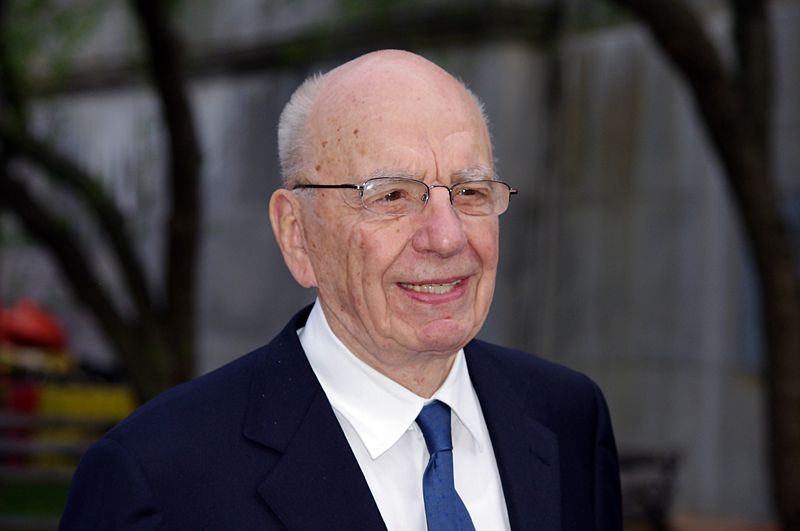Your Privacy Rights - Are you Rich, Famous or in the Public Eye?
 Recently, on the 25th of April to be precise, Keith Rupert Murdoch appeared before the Leveson Inquiry into the culture, practices and ethics of the press. During the evidence he gave Mr Murdoch reflected briefly upon the ‘right’ to privacy of persons in public positions.
Recently, on the 25th of April to be precise, Keith Rupert Murdoch appeared before the Leveson Inquiry into the culture, practices and ethics of the press. During the evidence he gave Mr Murdoch reflected briefly upon the ‘right’ to privacy of persons in public positions.
The transcript of the Inquiry reveals, to a limited degree, Mr Murdoch’s thinking about the right to privacy of those people who hold positions of public responsibility and those who seek public fame through publicity agents and other professional promotional methods. In commenting upon these matters Mr Murdoch stated:
“If we're getting into the issue of privacy, I think people in public positions have public responsibilities, and I'll even include press proprietors in that. I don't think they're entitled to the same privacy as the ordinary men in the street. If we're going to have a transparent society, a transparent democracy, let's have everything out in the open.”
Mr Murdoch’s comments are both instructive and useful in the sense that they raise two fundamental questions about the concept of privacy in our technologically connected world. Firstly what is or should be the scope of an individual’s right to privacy? Secondly at what point or under what circumstances does the individual surrender some or all of that right?
Mr Murdoch has also highlighted the question of the transparent society or at least transparent democracy and whether it is a necessary condition of such a society/democracy that ‘everything’ be out in the open.
These are what are often known as ‘big questions' - questions that need to be thought about extensively, with depth and with care. These are questions to which there are rarely simple, definitive answers. These are questions whose resolution in given circumstances will often shape our personal, professional and collective futures. I don’t have the answers to the questions Mr Murdoch has raised and a blog is not the ideal forum, in my view, for seeking to resolve such matters. In ancient Greece the matter may have been debated in the Forum. In a modern democracy it would be nice to think they would be debated in our Parliaments and through our mass media.
Over the course of the next week these questions just may get a more concerted airing through Privacy Awareness Week – an initiative of the Asia Pacific Privacy Authorities.
Microsoft is again supporting Privacy Awareness Week. As a corporation that holds the personal and private information of significant numbers of people across the globe, Microsoft has been publicly engaged in debating and protecting privacy rights for decades through our Trustworthy Computing initiative. We don’t believe that ‘privacy is dead’ or that individuals should just expect that their personal and private information should be available for commercial exploitation. We do believe that individuals in a democracy have a right to privacy and we have called for evolution in the law to recognise this right in a world of ubiquitous technology. Our position was recently re-stated by General Counsel Brad Smith:
“…the law needs to continue to evolve in ways that put people first by giving them control over the uses of their data and reinforcing the responsibility of organizations to protect appropriately the privacy and the security of that data.”
So as Privacy Awareness Week beckons take a moment to think about – and perhaps put in writing – what right you think you should have to privacy in 2012 and, perhaps interestingly, what right do you think the next generation will have in 2032 if we do nothing today?
Mr Murdoch can’t be the only one with a view.